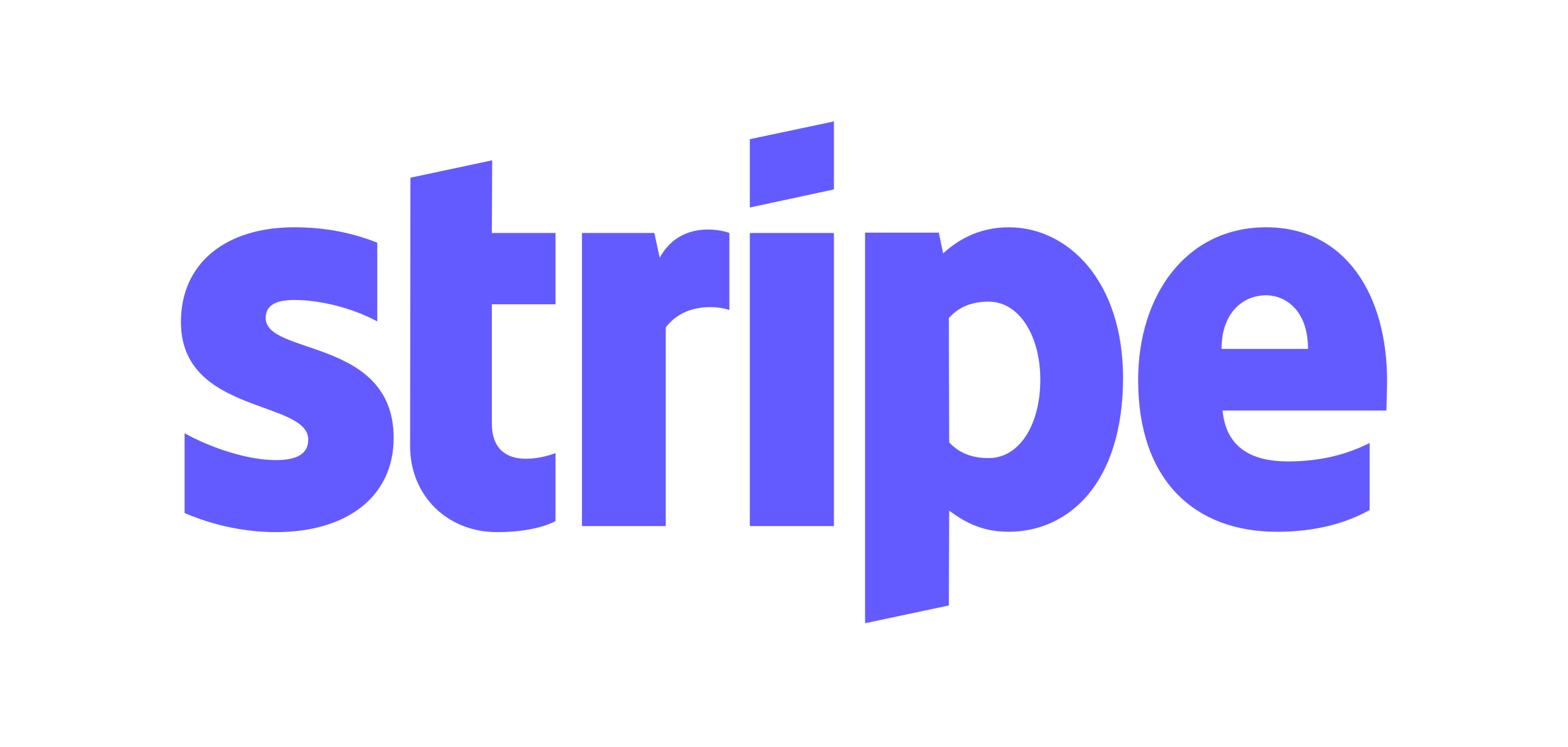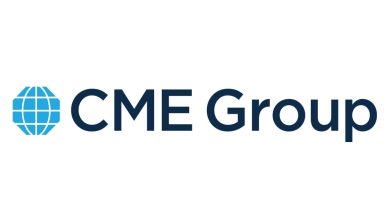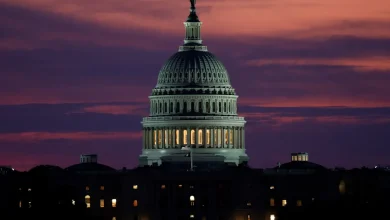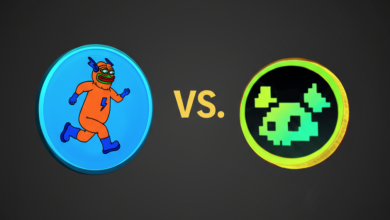Stripe Urges Regulator to Block JPMorgan Fees for Accessing Consumer Data


What Sparked the Dispute?
Stripe has publicly urged the U.S. Consumer Financial Protection Bureau (CFPB) to block banks from imposing charges on access to customer financial data. The company, valued at $65 billion later than its 2023 fundraising round, warned that allowing JPMorgan Chase to introduce fees before rules are finalized would cause “immediate and significant harm” to businesses and consumers who rely on data-sharing platforms.
The CFPB is drafting an open-banking framework under Section 1033 of the Dodd-Frank Act, which gives consumers the right to access and share financial data. Draft rules are expected by the end of 2025, with implementation likely in 2026. Until then, disputes between fintechs and banks are intensifying over who should bear the costs of building secure data-sharing infrastructure.
Investor Takeaway
Why Does It Matter for Fintechs and Consumers?
The dispute began in July when JPMorgan notified aggregators it would begin charging for customer account access. Aggregators such as Plaid, Yodlee, and MX link banks to consumer-facing apps including Robinhood, Mint, Venmo, and Chime, . Passing costs down the chain could make basic services more expensive for end-users.
Stripe asked the CFPB to consider enforcement actions against banks attempting to levy such fees before the framework is complete, and to refer potential anticompetitive behavior to the Federal Trade Commission or Justice Department. Consumer advocates, including the Electronic Privacy Information Center and the Financial Data platform, have echoed concerns that new charges would entrench large incumbents and stifle competition.
JPMorgan’s Case for Fees
JPMorgan defended its position, arguing that it has systems for data-sharing. The bank says fees are necessary to cover infrastructure and cybersecurity costs, preventing those burdens from falling solely on banks. “We’re committed to ensuring customers’ data remains protected,” a spokesperson said. The bank serves more than 80 million U.S. retail customers, making it one of the most influential players in the debate.
Executives maintain that without cost-sharing, further investment in secure data pipelines could become unsustainable. However, regulators appear skeptical: CFPB Director Rohit Chopra has already suggested that consumers should not pay “junk fees” to access their own records, hinting the bureau may prohibit or restrict charges.
Investor Takeaway
What’s Next for U.S. Open Banking?
Globally, the U.S. and the UK, where PSD2 rules prohibit banks from charging third parties for basic data access. Analysts say the CFPB’s final framework will determine whether the U.S. follows that model or allows banks to recoup infrastructure costs through fees. The stakes are high: digital wallets, AI-driven lending, and embedded finance all depend on reliable, .
Stripe’s filing marks a rare public confrontation between a leading fintech and the country’s largest bank. With other crypto, payments, and lending , the CFPB’s decision could shape the competitive balance of U.S. financial services for decades.







